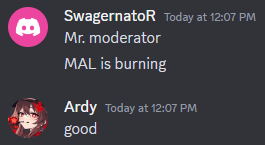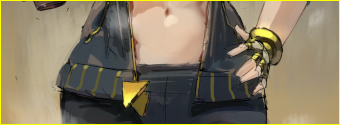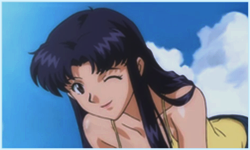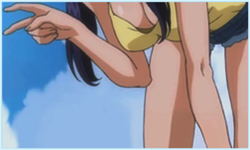Seregosa said:Hello everyone, late to the party but I thought no good answer was given here, everyone is basically guessing or giving a very limited definition.
This specific literature distinction is a thing that we only find in Japan. It's junbungaku ("pure" literature) and taishubungaku (pop/mass literature). It's a very disputed thing in Japan as pop literature becomes ever more popular while pure literature has shown clear signs of fading. Honestly, it's a bit silly, in a way it can be viewed as grumpy academics/critics wanting to draw a line between the things they value and the things they don't. In the first place, there's no way to properly categorize what is pure and what is not or claim that something that is pop literature will not be seen as pure literature later in history, so even for them it's a bit vague, of course there are guidelines to follow but the framework seems a bit flimsy, it's not necessarily as easy as saying "this book is definitely pure literature or pop literature" after looking at its characteristics.
It's hard to understand what they mean just by saying pure literature and pop literature, it also clashes with western definitions of similar words. Pop, or "popular" literature, alternatively named "mass literature" is basically what the "masses" are supposed to enjoy consuming. By definition, they assume these to be less serious and made partly or solely for enjoyment, these include such things as novels, fiction and non-fiction meant to appeal to readers and be fun to read, it's for "the masses" to consume as a pastime. Then we have the so-called "pure" literature, this stuff is more "serious" literature, novels, books or whatever. It's supposed to be based on or closely tied to reality, the works doesn't necessarily aim to please the reader or be fun to read. Usually, this is the kind of stuff most people would think of as terribly dull and boring to read, often older classics but even newer works can fit into this category. Taken in another way, mass/pop literature is stuff people usually enjoy reading and critics/academics would frown upon commenting on, while pure literature is the stuff they feel is worthy of being analyzed and criticized.
I got very curious after reading a chapter of onii chan is done for/oniichan wa oshimai, specifically chapter 60 where "pure literature is recommended as a subject for school homework" and I was mighty curious about exactly what they meant even if I could assume from the context that it was boring stuff to read. So, since I couldn't find a good definition anywhere, not here either, I had to look around a bit on my own and found some journal articles. Here's the reference below if you're interested, I hope this will answer someone else's question in the future who was also curious:
Strecher, M. C. (1996). Purely Mass or Massively Pure? The Division Between “Pure” and “Mass” Literature.
Monumenta Nipponica,
51(3), 357–374.
https://doi.org/10.2307/2385614





